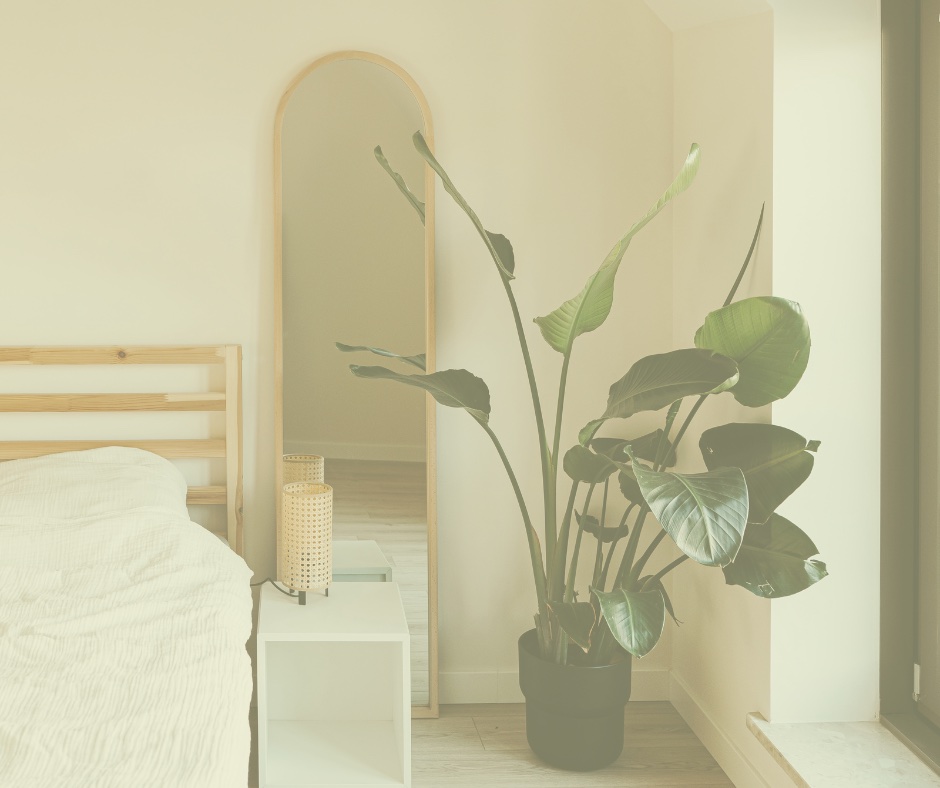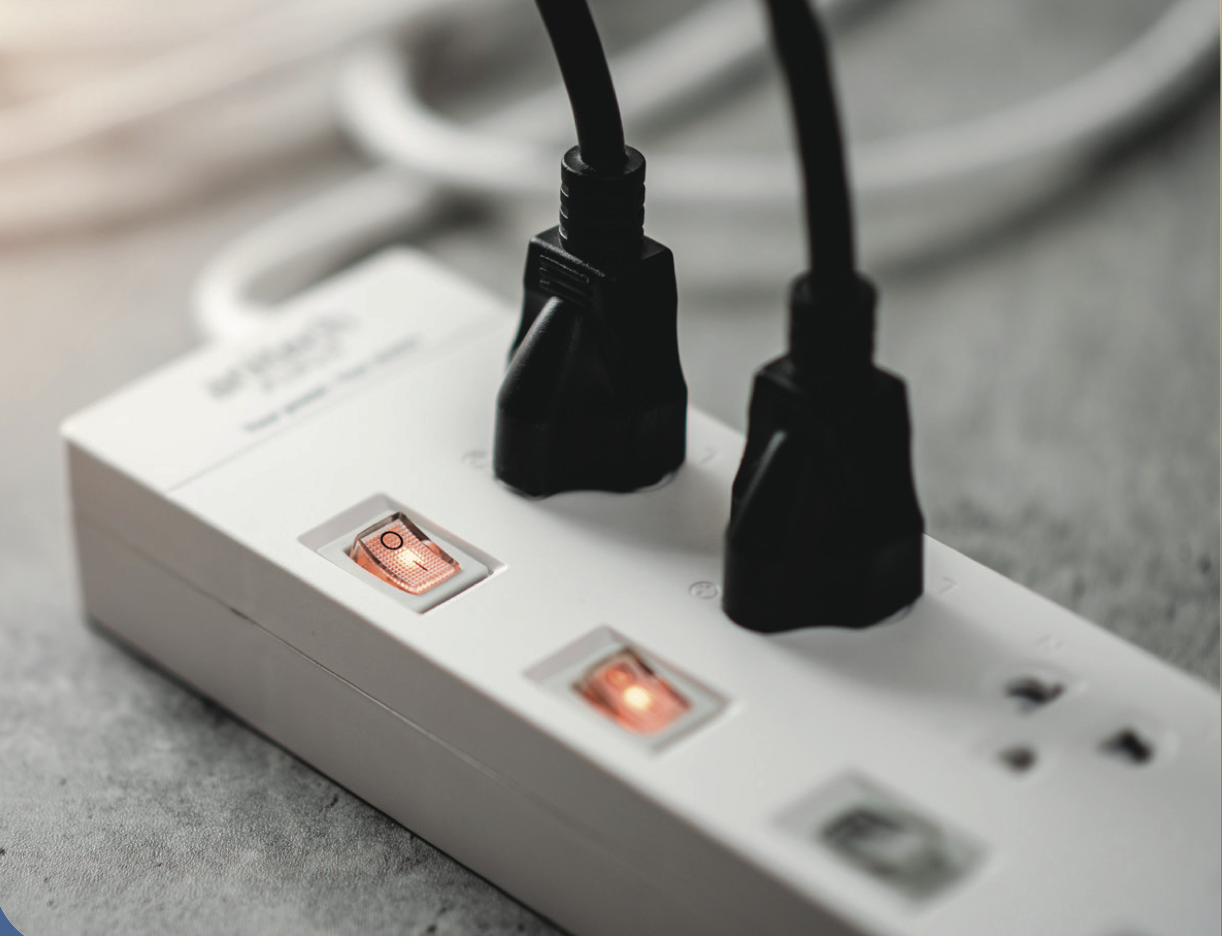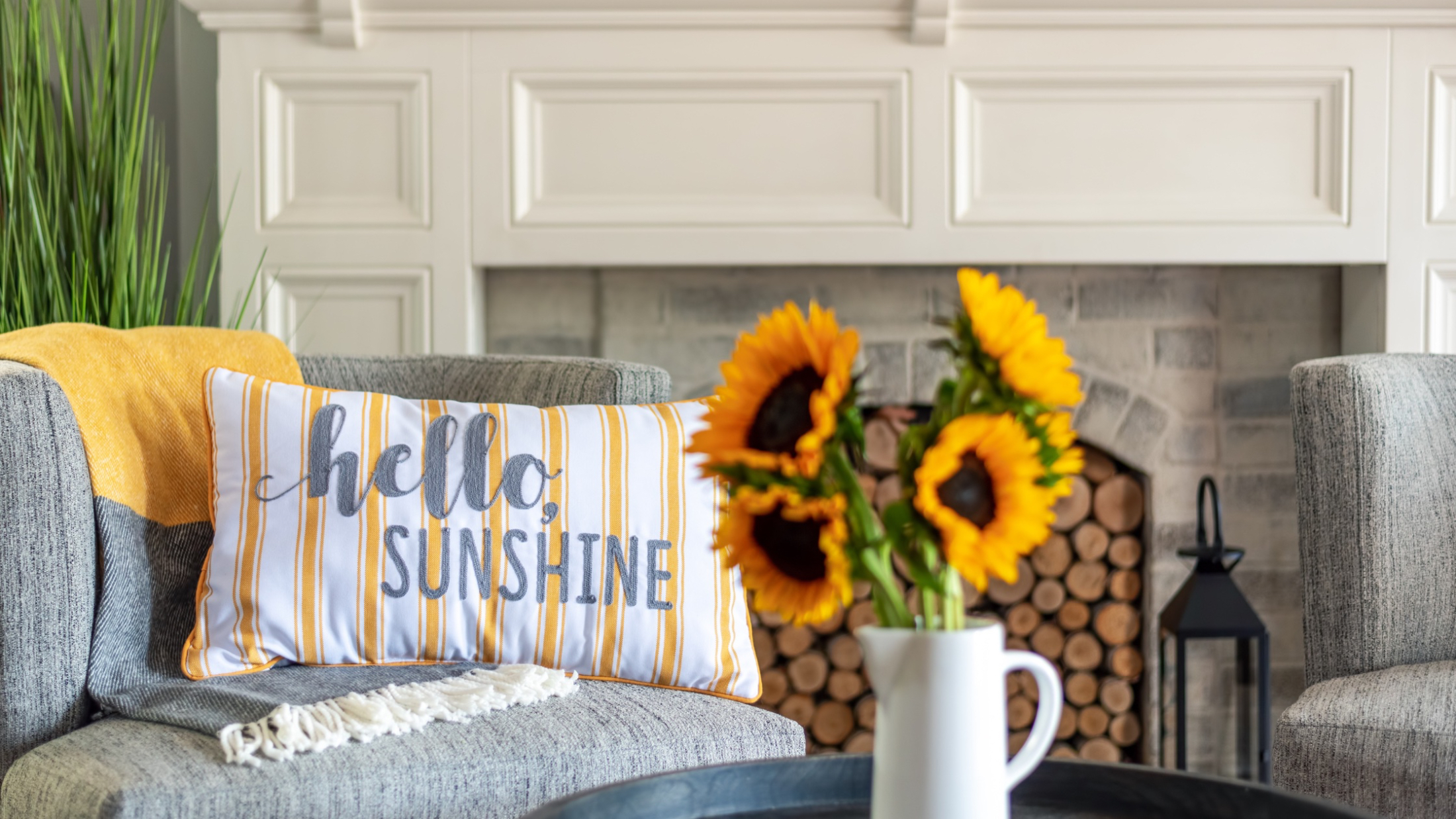The past year continued a period of market adjustment and reshaped buyer behaviour. Homes generally took longer to sell, and pricing accuracy mattered more than ever.
That said, well-prepared and well-priced homes still sold — often outperforming similar properties that rushed to market without a plan. The market rewarded strategy, preparation, and realistic expectations.
Whether moving is a someday idea or not on your radar at all, understanding how buyers are behaving right now puts you in a stronger position for the future.
Over the past year, the homes that performed best shared a few things in common:
They were priced with today’s market in mind — not yesterday’s
Presentation and furniture placement were carefully thought through
Sellers made decisions early, not under pressure
Good results didn’t come from luck — they came from planning.
January is one of the best months to plan because there’s no urgency. That’s when the smartest conversations happen.
If a move might be 6 months, a year, or even a few years away, this is the time to:
Understand your home’s current value
Identify improvements that actually make financial sense
Avoid unnecessary work or over-renovating
Reduce stress later by making decisions gradually
Preparation doesn’t mean listing — it simply means being informed. Markets change, but good strategy always matters. The homeowners who feel the most confident when it’s time to sell are the ones who started thinking ahead — not reacting at the last minute.
If you’ve ever wondered what your home could be worth, or what steps would make sense before selling (now or down the road), I’m always happy to help — no pressure, no obligation.














